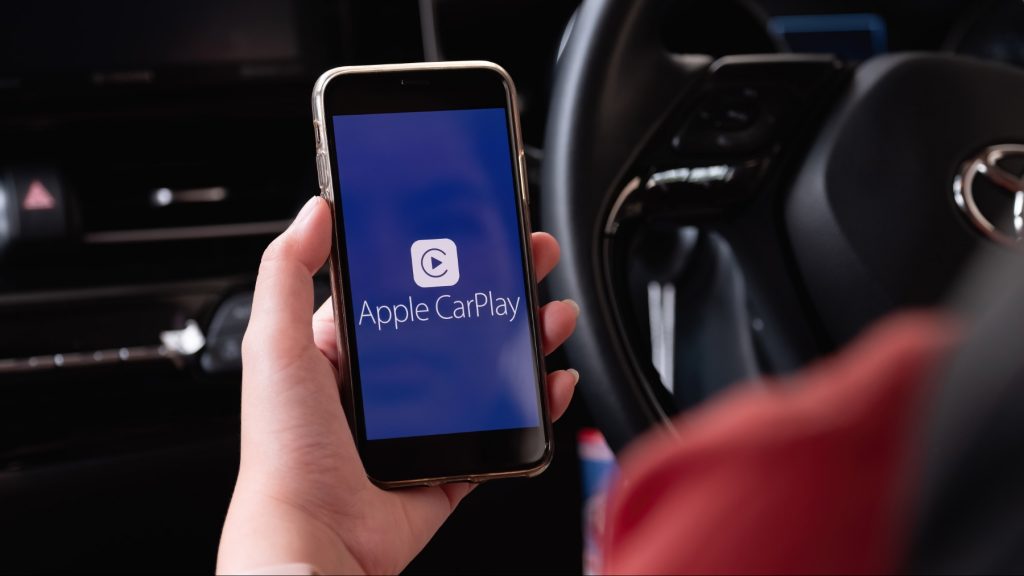
New York has launched a new mobile ID program, allowing residents to digitize their driver’s license or NYS non-driver ID.
To activate their mobile ID, users are required to have a physical license or ID, which they will take a picture of during the enrollment process, enabling them to use it for verification at airports.
The announcement was made at LaGuardia Airport during a media briefing, in the presence of New York’s and Transportation Security Administration federal security director Robert Duffy and others.
According to state officials, the new Mobile ID Program “will revolutionize the way New Yorkers protect their identities and will significantly enhance the way they get through security at airports across the nation,” emphasizing that the program is voluntary and is designed for the comfort of people.
Enhanced Security and Convenience
Speaking of data protection and privacy, NYS DMV Commissioner Mark J.F. Schroeder said, “When you offer your mobile ID to TSA or anyone else who accepts it, you are in full control of sharing that information. They can only see the information they request to see,” adding that in case a user needed just to prove the age, other information can be withheld.
The NYS non-driver ID app was designed in a way to keep users engaged on their phone, as it generates a QR code for identity verification. In case any changes occur to any license status, such as renewals or suspensions, the updates will directly appear on the mobile version.
Privacy Concerns Dominate
Despite this digitalized advancement, privacy concerns remain, as these IDs could easily be tracked more than physical ones. They can potentially leave a trace of users’ movements.
To this end, security advocates of the NYS non-driver ID stress the need to implement safeguards, such as strong encryption and stringent control over shared data.
Final Thoughts
Digital IDs’ aim is to enhance privacy and security with the ability to choose what kind of data the user wants to share. Yet, amid the AI wave invading the world along with its risks, any hack or breach to such sensitive data can be exploited by malicious actors to generate misleading information and deepfakes using AI, such as fraudulent identities.
Inside Telecom provides you with an extensive list of content covering all aspects of the tech industry. Keep an eye on our Intelligent Tech sections to stay informed and up-to-date with our daily articles.